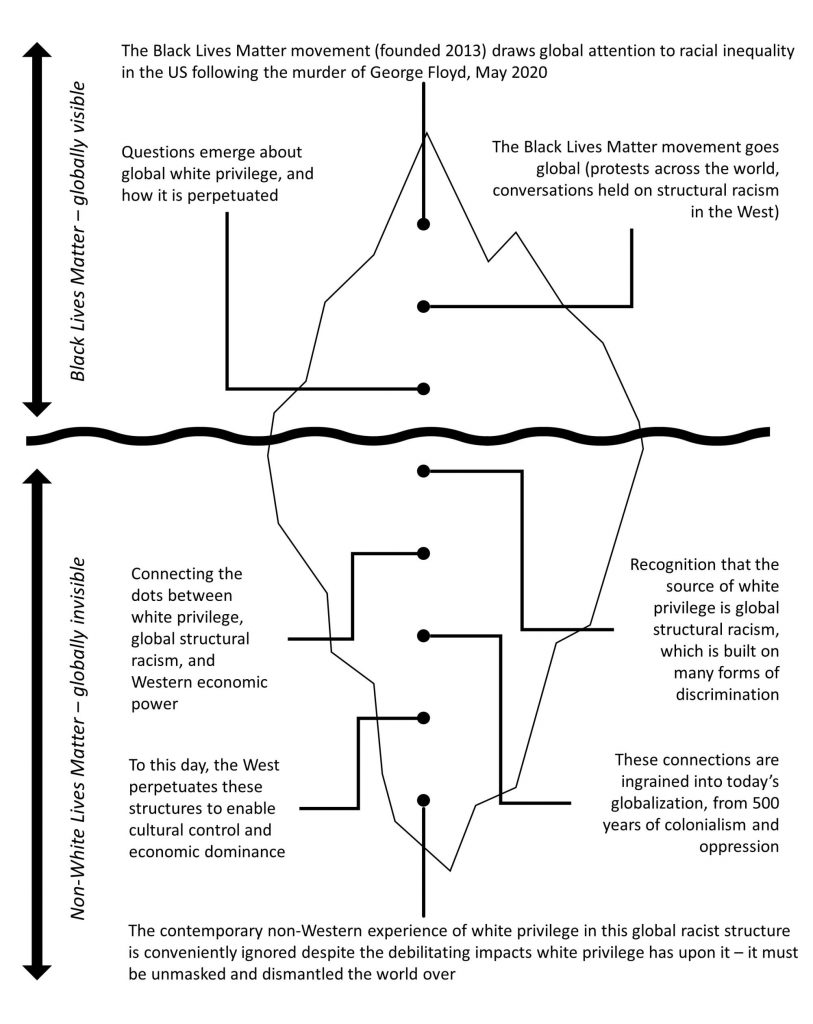Membership in organisations like the G7 and OECD were originally justified on the basis of economic development: both were meant to involve the world’s largest economies. However, with the rise of other countries, membership is now offered on the basis of “democratic values”, justified along Western lines.
When international institutions are set up along Western lines, see the world through Western framings, and are led by Westerners, one should not be surprised if their actions, advice, and prescriptions follow Western framings as well. One should also not be surprised that those who then appear to be the “most qualified” are white, establishing a permanent “ruling class” when it comes to global and elite institutions.
The international bodies that most exemplify this institutional form of discrimination are the World Bank and the IMF. These institutions were set up to manage the global economy, especially in the aftermath of the Great Depression and World War II.
However, these institutions have largely pursued an economic development platform that promotes free markets and deregulation, often at the expense of living conditions on the ground. Developing countries, faced with an economic crisis – oftentimes not of their own making – have been forced to enact sweeping and drastic policy reforms at the insistence of the IMF. These Structural Assistance Programmes were based on the ideas of the Washington Consensus: that economies must be market driven, with reduced public sectors and limited assistance. These reforms were often hugely damaging, destroying standards of living and demolishing trust in political and economic institutions, including in many of the fledgling democracies seen after the fall of the Soviet Union.
Trade agreements – at least those pursued by the West – often include other priorities that are meant to benefit Western companies and business interests. For example, the Trans-Pacific Partnership (TPP) did not just include efforts to reduce barriers to trade but also forced many countries to agree to tighten up their protections for intellectual property, open up their service sectors to foreign firms, and allow Western companies to sue governments in court to overturn regulations they did not like. The TPP was not popular in many of the countries involved in negotiations, but in the end, the promise of better access to the US was enough for them to bite the bullet.
By contrast, the Regional Comprehensive Economic Partnership (RCEP), agreed on by the Association of Southeast Asian Nations (Asean), China, Japan, South Korea, Australia, and New Zealand, is a much slimmer document, focusing primarily on reducing trade barriers between the countries involved. It does not involve itself with intellectual property, investor disputes, service sectors, or government support, yet this has now led to the creation of the world’s largest trading bloc.




























